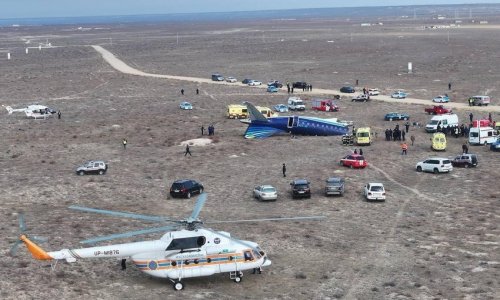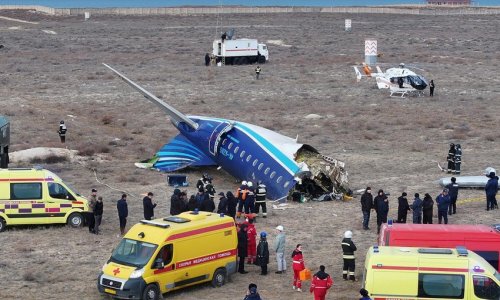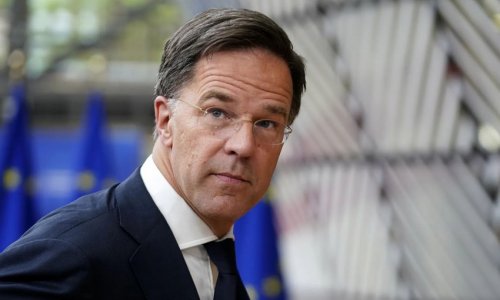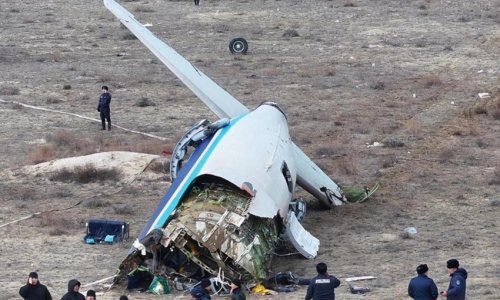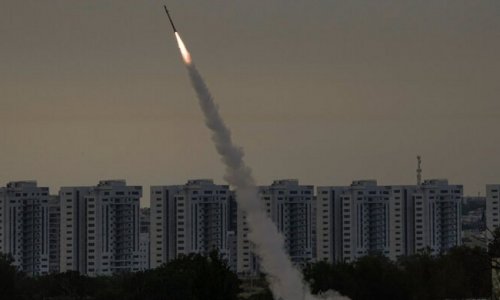The United States and its European allies say Sunday's referendum vote violated Ukraine's newly reforged constitution and amounts to a thinly veiled attempt by Russia to expand its borders to the Black Sea peninsula under a threat of force.Moscow asserts Ukrainian President Viktor Yanukovych was ousted in an illegal coup, which ended Ukraine's constitutional authority. Russian President Vladimir Putin argues Crimeans should have the right to decide how they want to be governed going forward.So who's right?"The answer depends on what your perspective is," said David Rothkopf, editor of Foreign Policy magazine."The U.S. is buying into the argument of the Ukraine government, which is that the secession of Crimea from Ukraine is not constitutional under the terms of the Ukrainian constitution," Rothkopf said."The alternative argument is that all peoples have a right of self-determination and that if the people of Crimea choose not to be part of Ukraine, that is their prerogative in the same way that it was the choice of colonial powers to break away from the imperial powers that claimed them or parts of the former Yugoslavia were free to head off on their own," he added.The standoff between the United States and Russia resembles tension from the Cold War era."We'll continue to make clear to Russia that further provocations will achieve nothing except to further isolate Russia and diminish its place in the world," President Barack Obama said on Monday."The international community will continue to stand together to oppose any violations of Ukrainian sovereignty and territorial integrity; and continued Russia military intervention in Ukraine will only deepen Russia's diplomatic isolation and exact a greater toll on the Russia economy," Obama said.The United States and Europe imposed travel bans and froze assets of senior Russian and Crimean officials.The Obama administration went a step further by banning entry and freezing all U.S. assets held by any Russian government official or people with close financial ties to 11 people, including advisers to Putin.Separate from the vote, Crimean lawmakers approved a resolution on Monday that declared the Black Sea peninsula an independent, sovereign state and requested to join the Russian Federation.Putin later in the day signed a decree that recognized Crimea's independence, the Kremlin said. He will address a joint session of Parliament on Crimea on Tuesday.Putin spoke with German Chancellor Angela Merkel recently by phone and stressed the Crimean referendum was in accordance with international law, including Article 1 of the U.N. Charter regarding the principle of self-determination."It was emphasized that Russia will respect the choice of the Crimean people," according to a Kremlin statement summarizing that conversation.Obama told Putin during a phone call on Sunday that "Russia's actions were in violation of Ukraine's sovereignty and territorial integrity," according to the White House.Putin pushed back, according to a statement from the Kremlin, and said the situation in Crimea is akin to Kosovo's breakaway from Serbia in 2008."Regarding the March 16 referendum in Crimea, Mr Putin said that the decision to hold the referendum was in line with international law and the U.N. Charter, and was also in line with the precedent set by Kosovo," the Kremlin said."The referendum was organized in such a way as to guarantee Crimea's population the possibility to freely express their will and exercise their right to self-determination," it said.Even within Crimea's pro-Russia majority, opinions about the legality of seceding are split.Voters proudly proclaimed their support for rejoining Russia as they stood in line in dreary weather to vote. However, one, who was too afraid to speak to CNN on camera, proclaimed the referendum illegal.The ethnic Tatars and younger voters have also questioned the legality of secession. Many of the Tatar minority boycotted the referendum with some leaders calling it "a farce" forced by armed men.As the United States and Russia attempt to hash out their differences, pressure mounts for Putin to move quickly and carefully in resolving the Crimean crisis, Steven Pifer, a former U.S. ambassador to Ukraine, and a senior fellow at the Brookings Institute told CNN International."He basically has two choices. Choice Number One would be to move fairly quickly to annex Crimea and that is going to then seem as a very naked land grab and will make it very difficult then for a dialogue to move forward," Pifer said."That move will likely mean Western nations will ratchet up the level of sanctions, Pifer said."The alternative is they take the vote but that the Russians don't move very quickly," Pifer said."They let Crimea basically stay in some limbo status which will create some opportunity perhaps for negotiation that can diffuse this crisis."(CNN)ANN.Az
Crimea's vote: Was it legal?
World
11:30 | 18.03.2014
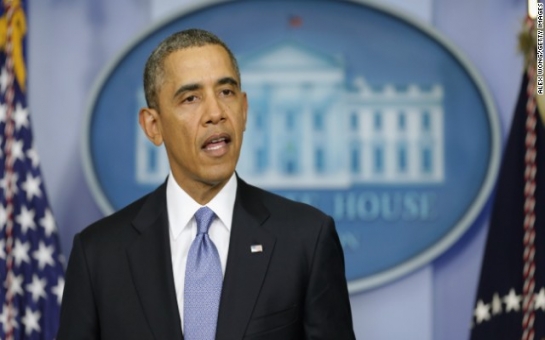
Crimea's vote: Was it legal?
Depending on who you ask, Crimea's decision to secede from Ukraine was either an unconstitutional split manipulated by Russia or a move consistent with international law upholding the region's right to govern itself.
Follow us !

